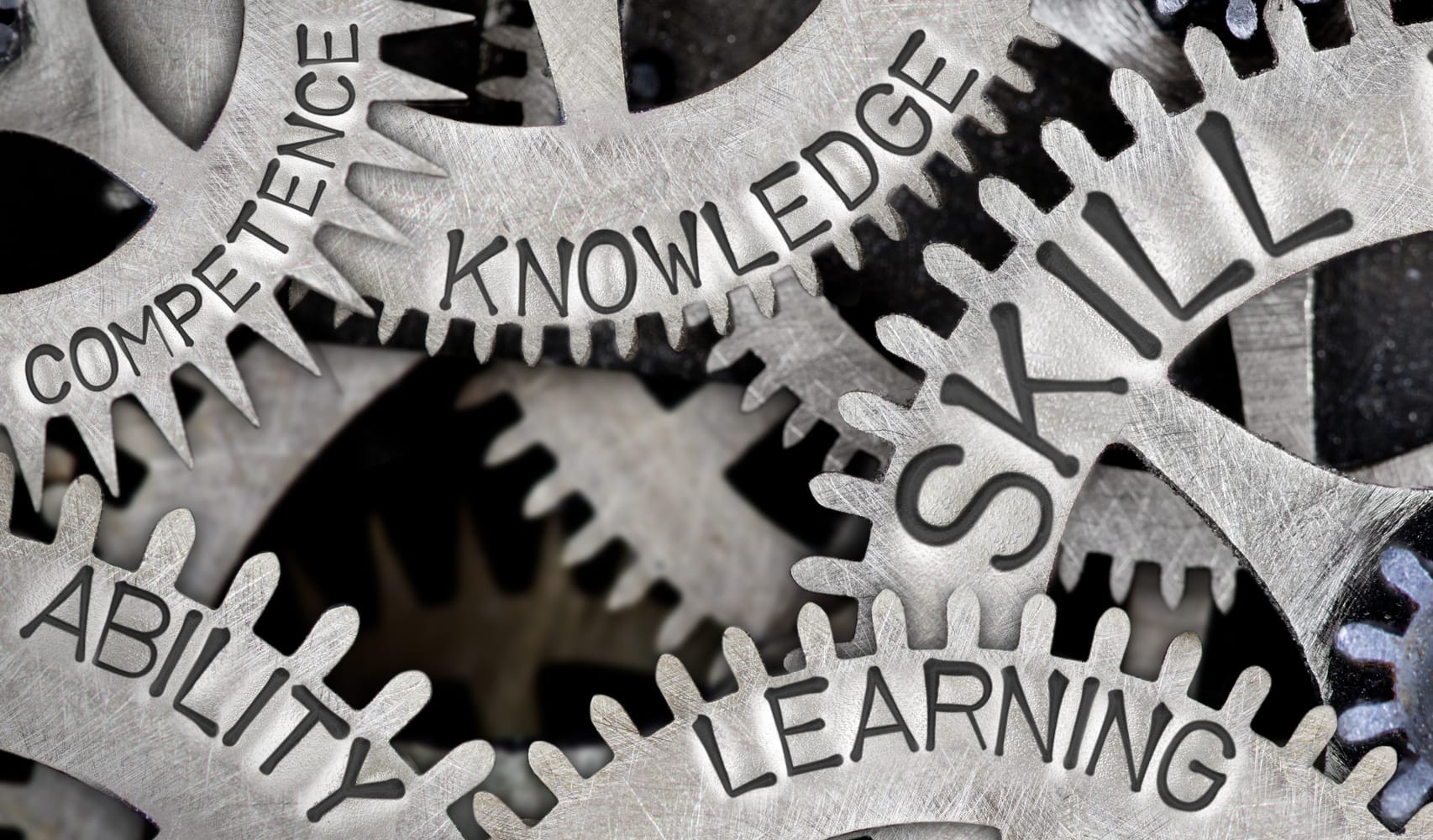
In public debates about quality of education and in teaching and learning, the dominant voice tends to be one that equates ‘telling with teaching’ and ‘learning with listening’. Sadly, such a superficial view limits deeper understandings of what really comprises quality pedagogy and masks what expert teachers know and are able to do.
To the casual observer, teaching may look simple, but the reality is that it’s a highly complex and sophisticated business. Quality in teaching and learning can be seen in the way the knowledge, skills and ability of the teacher are employed to develop meaningful pedagogic experiences for students. Such experiences are evident when teaching impacts learning and learning influences teaching. That dynamic relationship is dramatically different to the singular, one-way events of ‘telling’ and ‘listening’.
It’s time to get serious about better understanding what they (teachers) do, how and why, and challenge simplistic views of education for once and for all.
It’s interesting how highly valued theories of learning are while, in contrast, the practice of teaching is perceived as relatively simple and straightforward. But if quality in teaching is about creating powerful learning, then clearly a teacher has to know about, and be able to apply, learning theories in ways that purposefully shape their teaching.
How that knowledge of learning influences that which teachers know and are able to do is briefly illustrated below. In so doing, it also highlights the complexity of the work of teaching in ways not commonly discussed, and shows the sophisticated nature of teachers’ professional knowledge and the expertise they must develop to be skilful, articulate and capable educators.
Above and beyond in teaching
To go beyond ‘telling as teaching’ and ‘listening as learning’, consider what it takes to be knowledgeable of, and capable of doing, in the following – and what follows is just the tip of the iceberg that is the professional knowledge developed and refined by teachers over their careers. Quality in teaching and learning requires an ability to:

Create a need to know in students so they genuinely engage in learning
Knowing how to create an invitation to students to learn so they develop curiosity and interest in a subject is crucial. Moving students from being passive absorbers of information to active, thoughtful learners who question content and build their knowledge of an area is crucial to independence in learning – a hallmark of a successful student.
Develop ways to engage a diversity of learners at the same time
This, despite the inevitable variety of entry points to engagement in a subject, range of levels of interest, motivation and attitudes to the content, and perceived ability and style of learning. This is demanding work. Think, for example, about when a doctor diagnoses a patient – it’s through a one-on-one consultation. However, when a teacher seeks to diagnose students’ learning needs, it’s through a one-to-many (class size matters) – and it happens multiple times every day.
Draw out and use students’ prior knowledge
Students don’t enter the classroom as a blank slate. They come with pre-existing ideas, views, opinions, experiences and ‘alternate facts!’ that a teacher must be able to draw out and work with in order to build meaningful learning. Building integrated, well-connected, relevant and useable knowledge of a subject is central to ensuring that such knowledge can (and will) be applied in the world that exists beyond the classroom walls. That means information must be processed, not just remembered. Linking content with experiences across contexts matters, and translating ideas from one situation to another (e.g., from the abstract to the concrete) begins to highlight the complexity of teaching and how expert practice shapes quality student learning.
Conceptual understanding of content
A strong indication of a deep knowledge of a subject is evident in a person’s conceptual understanding, and that goes well beyond simply ‘knowing the facts’. Working at the big-picture level means a teacher must know how to conceptualise the central ideas that shape deeper understandings of a subject. Purposefully making clear that which is intended to be learnt, how and why; recognising and responding to students’ difficulties in understanding concepts; being knowledgeable of, and adept at, a range of teaching procedures to foster learning; and being able to ascertain students’ understanding requires the development of pedagogical content knowledge – something that again draws attention to the specialist knowledge of the expert teacher.
Building trusting relationships and safe learning environments
Just as quality can be seen in the way a teacher creates a dynamic relationship between teaching and learning, the same exists in the trusting relationships that must be fostered and developed between teacher and student(s), as well as student to student. To be able to support students to publicly share their ideas, speak up about uncertainty and work through their doubts and confusion requires a teacher to possess interpersonal skills that foster trust and confidence. Again, this offers insights into the sophisticated nature of their knowledge, skills and ability.
A complex practice
This brief outline barely touches on the enormous range of things that comprise a teacher’s professional knowledge of practice. What it does do is start to illustrate how complex their work is and remind us of why it’s important for it to be recognised, more highly valued and rewarded.
Research reminds us over and again that the primary influence on learning is quality teaching. Pushing back against superficial views of ‘telling as teaching’ and ‘listening as learning’ is one way of drawing serious attention to quality in teaching and learning. Expert teachers matter. It’s time to get serious about better understanding what they do, how and why, and challenge simplistic views of education for once and for all.
Professor John Loughran delivered the Dean's Lecture, "Understanding the nature of quality in teaching and learning", part of Monash Education's Showcase Week, at Clayton campus on Wednesday 15 August 2018. For more events like this please go to the Education events site





